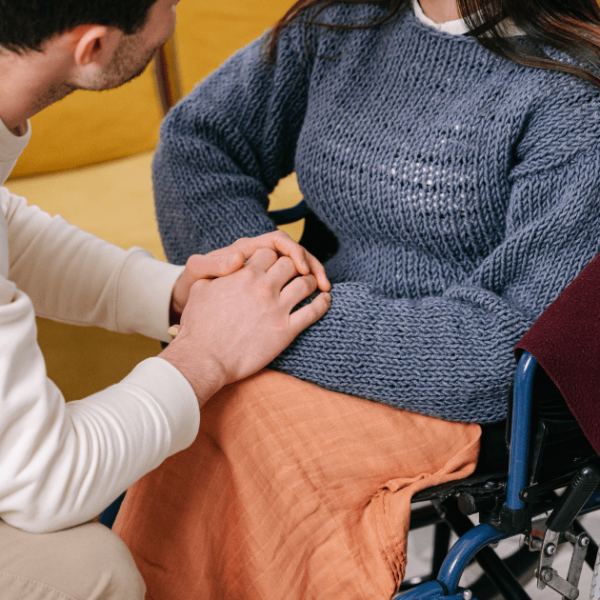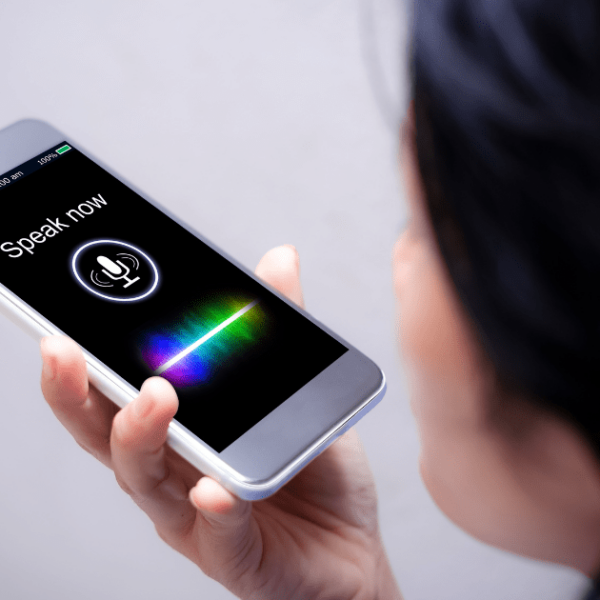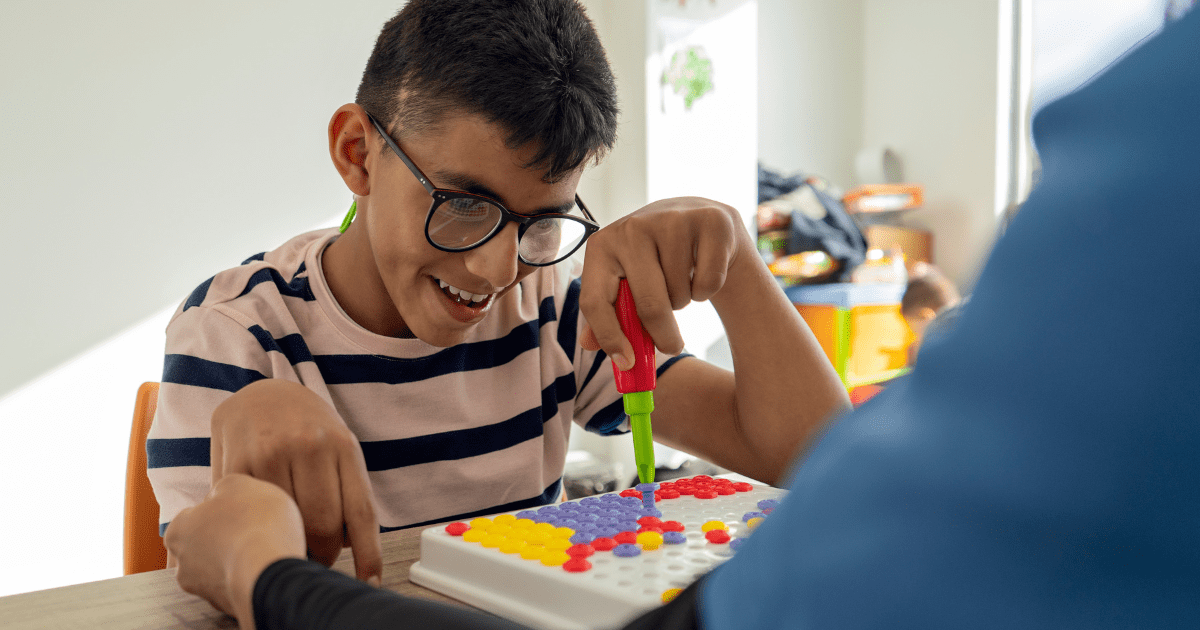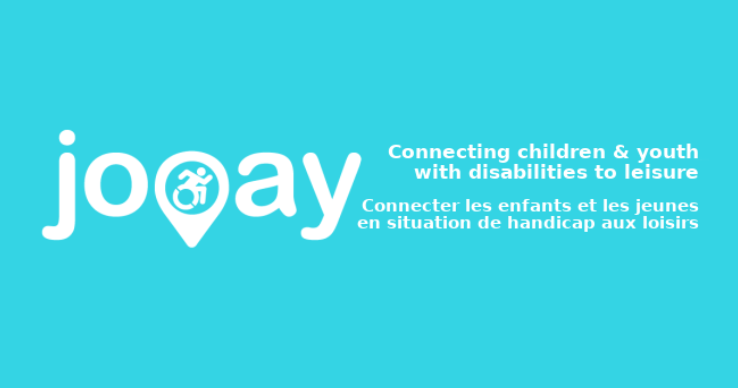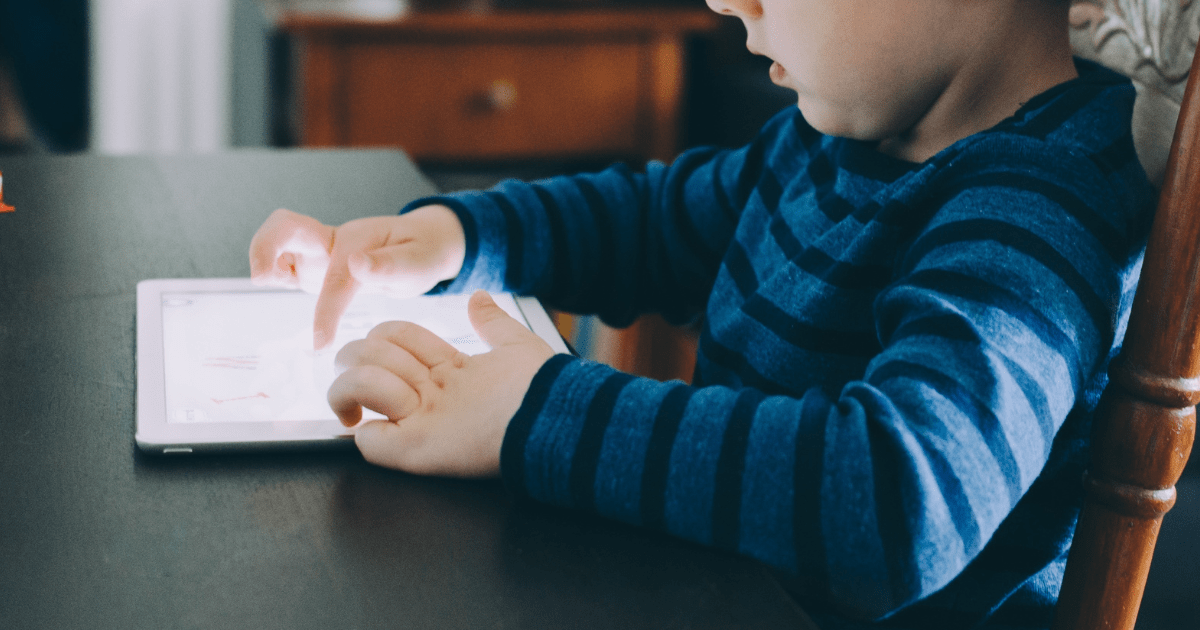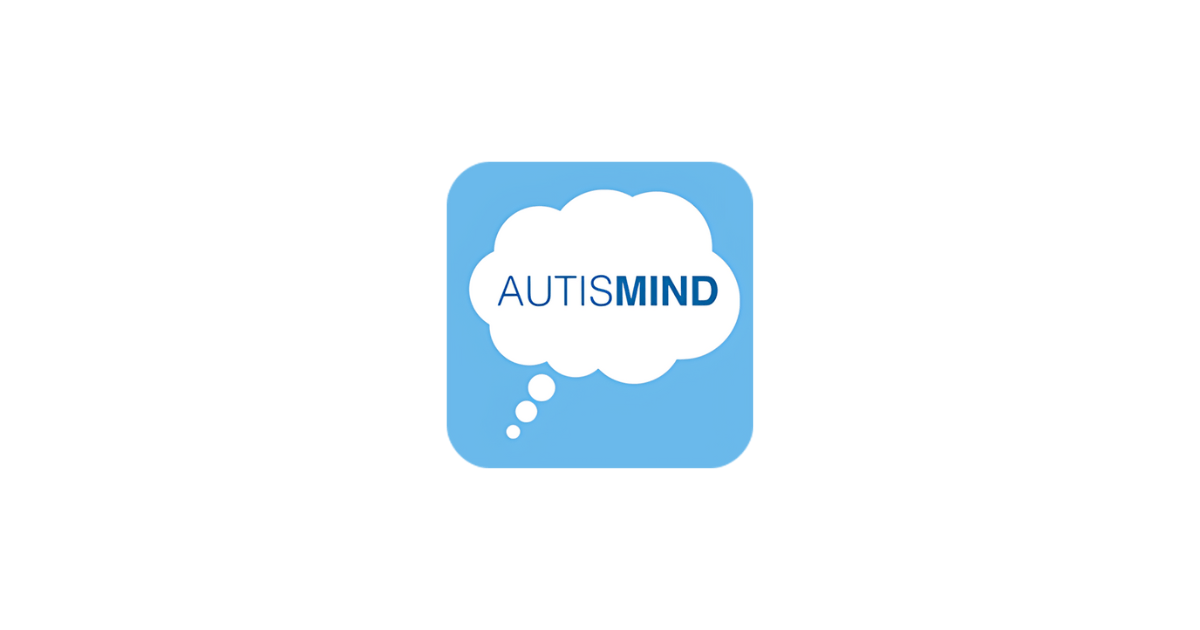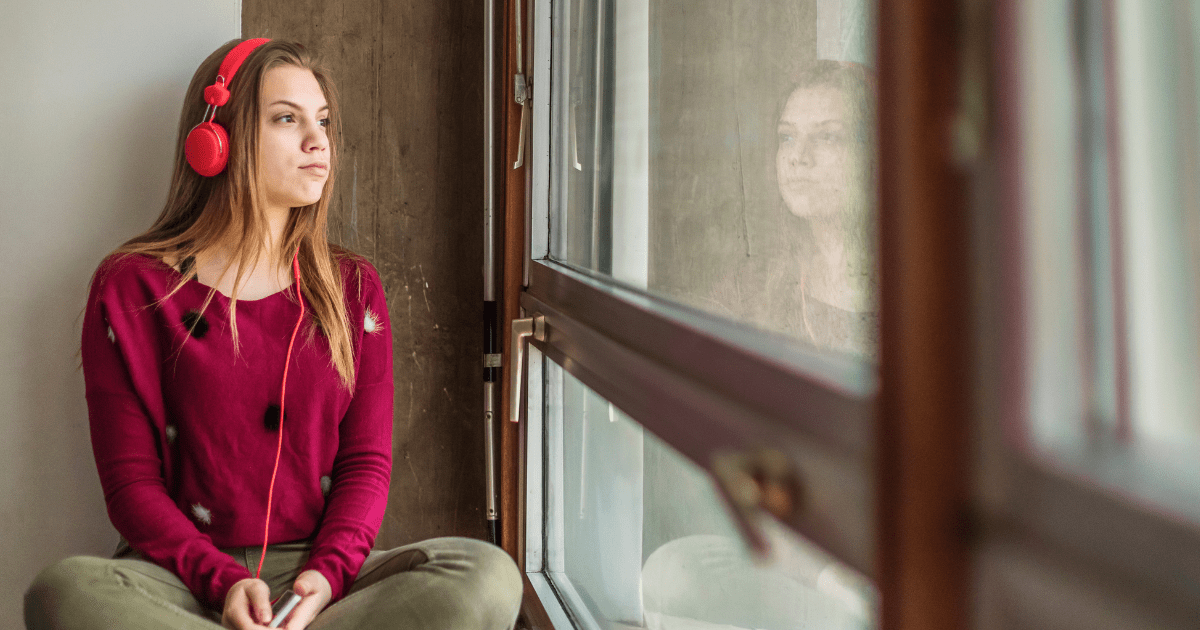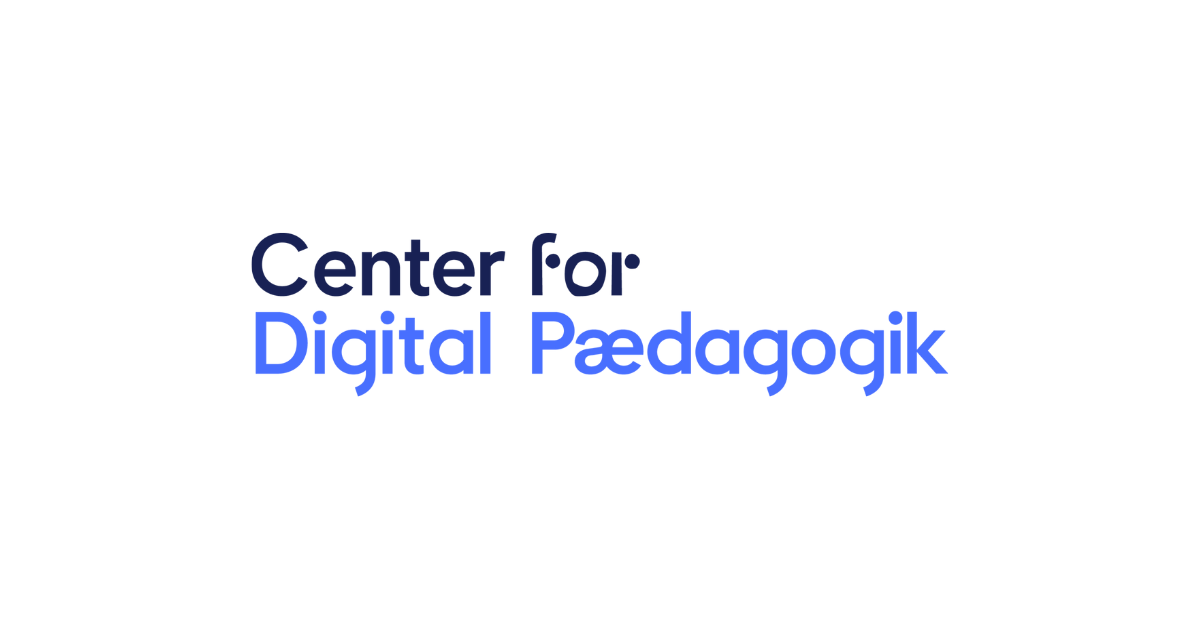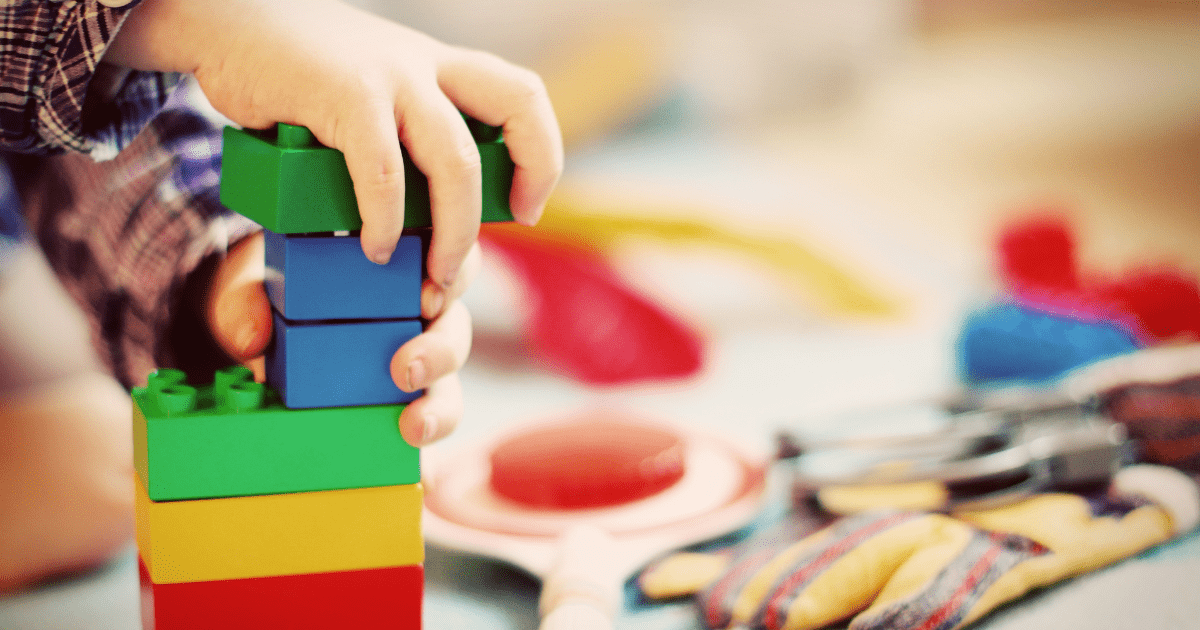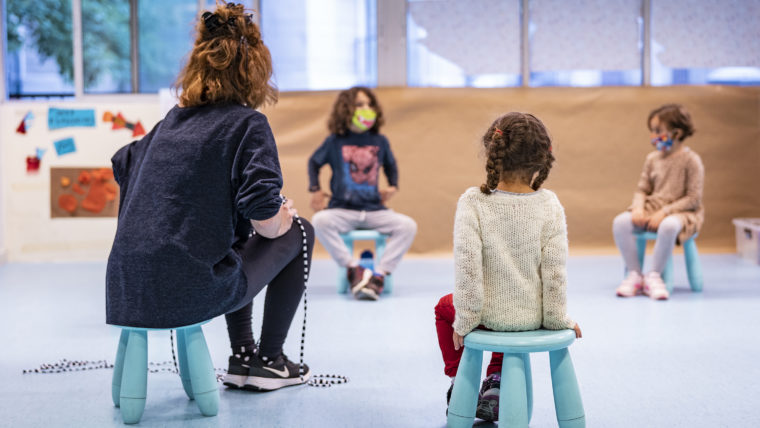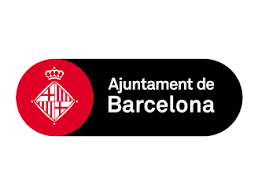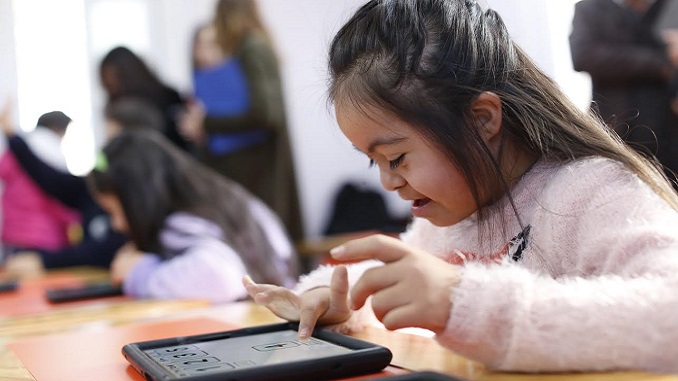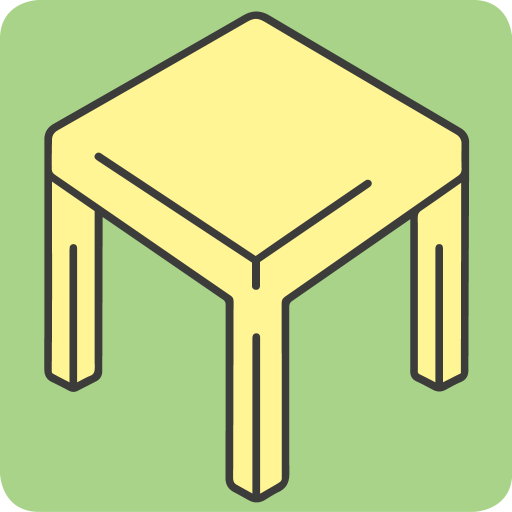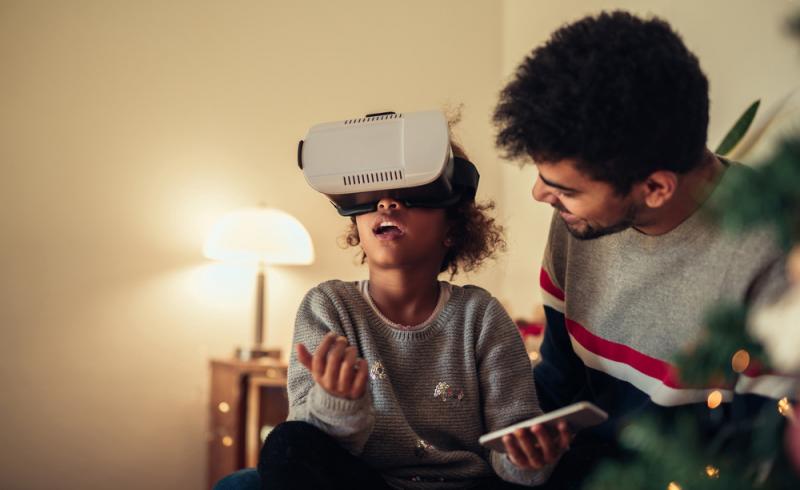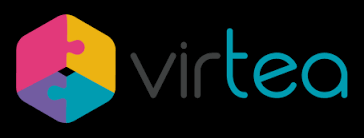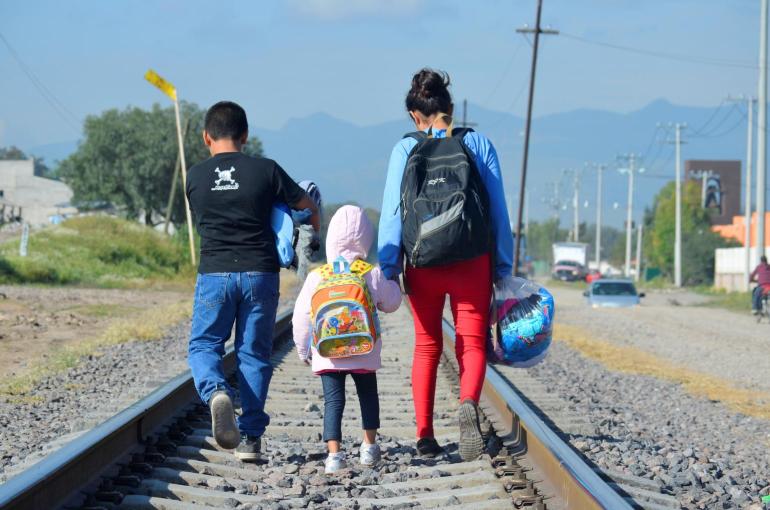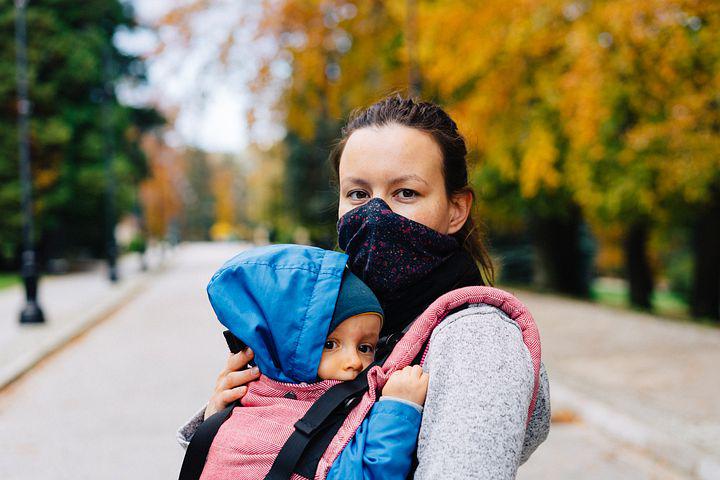PrevenSI, prevention of child sexual abuse
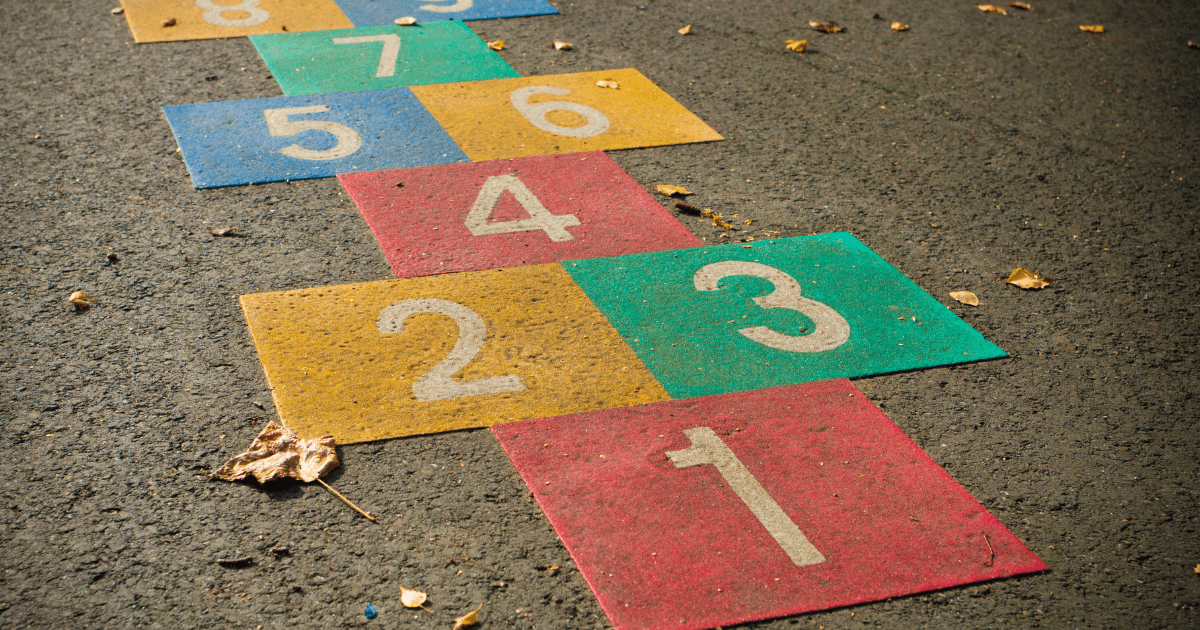
Specialised service in Preventing Child Sexual Abuse
Currently, it is estimated that 5% of men have thoughts, desires, fantasies, and behaviors related to child sexual abuse. This figure is alarming considering the percentage of the population that has been sexually abused during their childhood, which ranges from 10% to 25%. Furthermore, 44% of this total have been victims of repeated sexual violence. It is important to consider that the number of people who have been abused as children is higher, as it is estimated that only 15% of cases are reported. The above data reflects the magnitude of the problem and the urgent need for action.
PrevenSI is a specialized resource that facilitates access to information and services aimed at preventing child sexual abuse (CSA). The initiative was born in 2019 from the collaboration of the Institute of Forensic Psychology, the INTRESS Institute, and the IReS Foundation. Currently, the Association for the Prevention of Child Sexual Violence is formed by INTRESS, the IReS Foundation The Pericas Communication Agency. The project promotes different actions aimed at children who have suffered sexual violence, people who experience sexual desire towards minors, social professionals and people who detect or suspect that there may be a case of child sexual abuse in their environment.
On its website, PrevenSI raises doubts and answers about child sexual abuse with the aim of providing verified information on this issue. In this sense, it provides guidelines for identifying cases of sexual abuse, details the public and private services available to those who have suffered abuse, and explains the rights that protect them. In order to provide an accessible service, they offer several contact channels. They can be contacted via email, online chat or telephone.
In addition, PrevenSI includes a section aimed at individuals who feel attracted to minors. This section collects, in the form of questions and answers, thoughts related to child sexual abuse that could lead to acts of sexual violence towards children, explaining why these thoughts can be harmful. At the same time, it presents several solutions detailing the personal and social benefits of seeking help from professionals. In this way, they aim to encourage people who have pedophilia or paederastic behaviors to ask for help and avoid any form of child sexual violence. PrevenSI assesses each individual’s situation and refers them to the service that best suits their circumstances.
There are two types of therapies aimed at pedophiles and pederasts: one pharmacological, intended to reduce sexual desire towards minors through medication, and the other psychological, focused on preventing new risky situations and learning to manage one’s own behavior. The evidence shows that cognitive-behavioral-based programs have a greater impact on redirecting these individuals’ behaviors and ensure more effective long-term results. Both treatments must be administered by specialized professionals and adapted to each person’s situation. For this reason, PrevenSI also offers information, support, and training to professionals from various disciplines who work to prevent cases of child sexual violence.
Características de la innovación
Localización
España
Colaboradores / Financiadores
Generalitat de Catalunya Department of Equality and Feminisms, Barcelona City Council, Institute of Forensic Psychology.
Génesis
Created in 2019, as a result of the union between the Institute of Forensic Psychology, the Intress Institute and the IReS Foundation as a result of a long process of analysis of the problem and the different ways of intervention.
Nivel de implementación
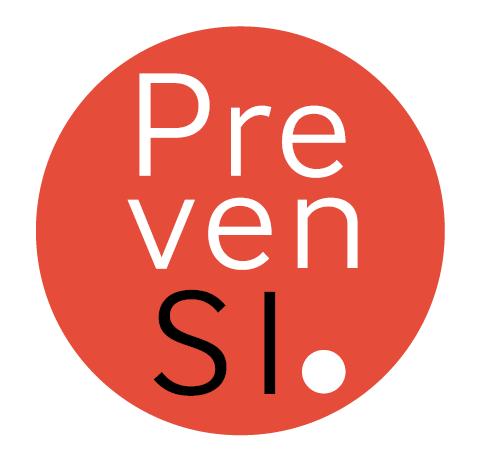
Banc d’innovacions

